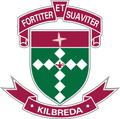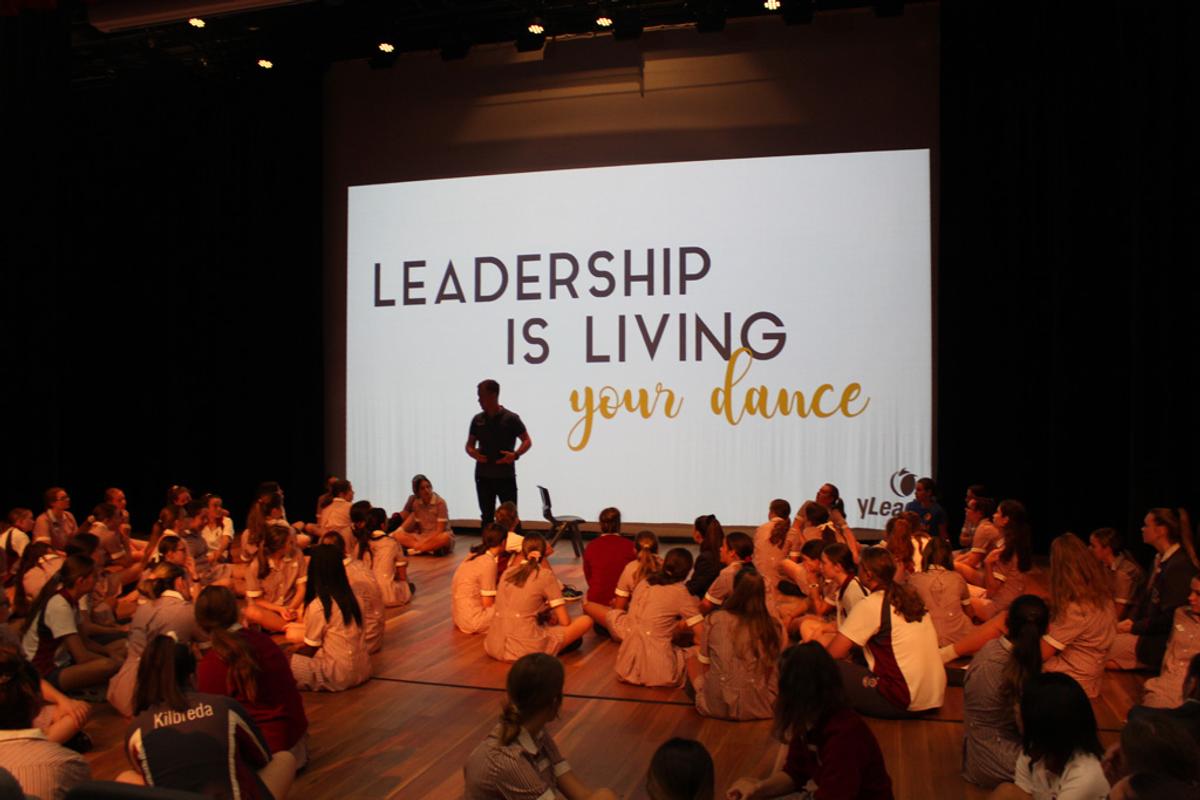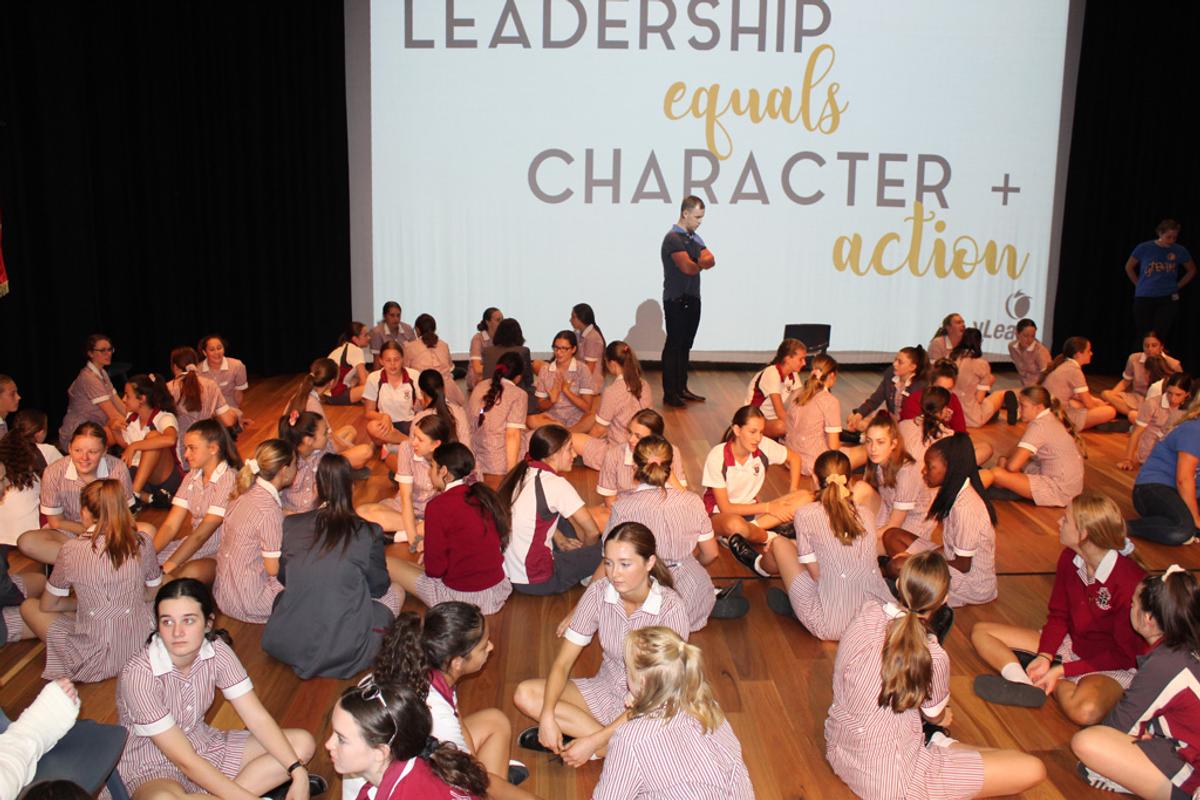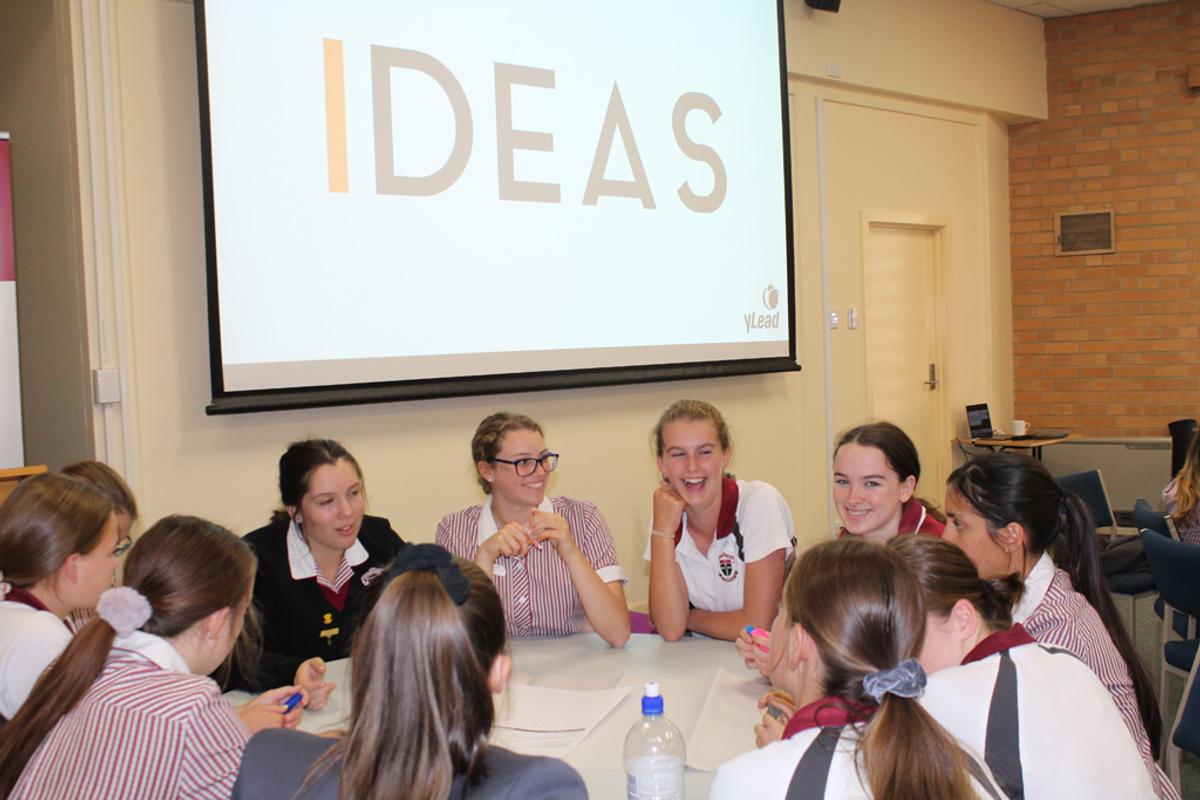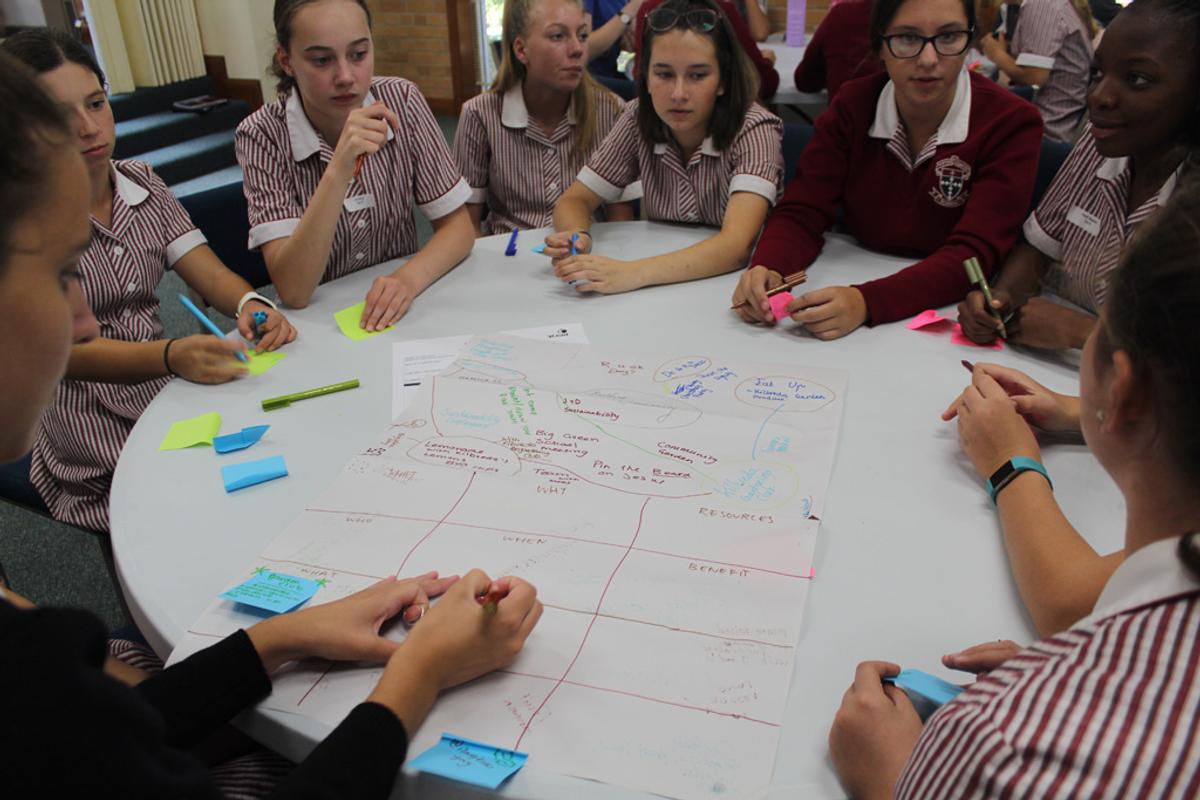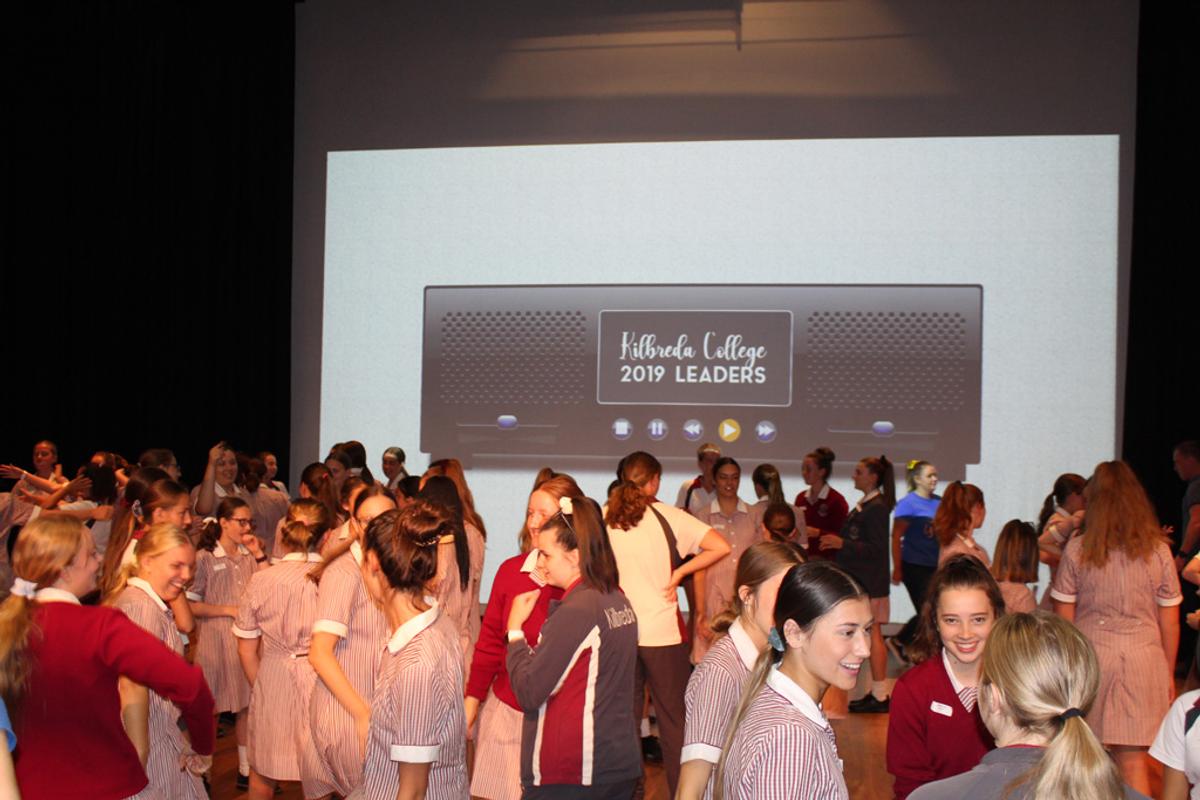Assistant Principals' Update

2019 Awards
After reviewing the awards that we currently offer at the College, we are planning to implement new initiatives and some changes to our current format.
Academic Awards Evening
One exciting addition is a formal, end of year evening function, which will celebrate the academic success of our top achievers in Years 7- 11.
The proposed date is Wednesday 11 December commencing at 7:00pm, which is in the week following the last day of school for students, (Friday 6 December). We will use the results data from the Semester 1 and 2 reports to identify our highest achieving students, and from within that group, the Dux of the Year level.
Parents and families of students who have won awards will be invited to this very special occasion to be held at the College.
Semester Based Merit Certificates
We will also extend our current recognition of achievement throughout the year and each subject teacher will nominate students for class based awards for academic achievement and academic endeavour each semester. This data will be collated and students will receive a certificate with a summary list of their subject awards at the end of each semester.
VCE –2019 Unit 3 and 4 Awards
In addition to the current Unit 3 and 4 Academic Excellence subject awards, we will introduce Unit 3 and 4 Academic Endeavour. This award will be presented to one student in each Unit 3 and 4 class as nominated by the class teacher.
The Endeavour Award will recognise students who work solidly all year with a spirit of enthusiasm and collaboration. They demonstrate persistence and growth in their own academic learning and are both supportive and considerate of other students.
SCHOLARS OF DISTINCTION:
VCE High Achiever Awards for the Class of 2019
At the first College Assembly in 2020 we will invite selected students and their families to join our community to celebrate their success.
- 90+ ATAR scores (Currently recognise 80+)
- ALL 40+ scores (Currently only the highest score over 40 in each subject is announced)
Interim Reports and Parent Teacher Interviews
Subject teachers are currently finalising Interim reports and these will be available to parents from Thursday 14 March. These reports are designed to provide you with a brief snapshot of how your daughter has settled in to her subjects at this early stage of the year.
Parent Teacher Interviews supplement these reports and will be held at the end of Term 1, on Thursday 28 March from 4.00pm - 8.30pm and Monday 1 April from 2.30pm- 8.00pm. This will enable us to address concerns, prior to the commencement of Term 2. The interviews will provide an opportunity for you to have a conversation about your daughter’s learning and general progress with the subject teacher and / or homeroom teacher. Some teachers may request that you book an appointment if there is something specific to discuss with you and your daughter. We strongly encourage you to follow up with that request, as it is important to address any issues that have been identified and to put appropriate plans and support in place.
Bookings can be made via Parent Access Module (PAM) and further information about the process will be communicated to parents closer to the date.
Catherine Johnston
Assistant Principal:
Learning and Teaching
Student Wellbeing and Engagement
Strengthening Student Connections
This past fortnight we have been thrilled to see the number of girls, in particular the Year 7s, our newest members of the Kilbreda College community, undertaking auditions for the Kilbreda Dance Company, trying out for an SESG team, leading our Ash Wednesday liturgy, representing the College with distinction in debating or demonstrating House pride at our Swimming carnival with their enthusiastic chants. Students are fully immersed in the school music ensembles and rehearsals. The strong connections of students to these activities is very evident early.
Building leadership capacity
“Nothing is more powerful than an idea whose moment has come.” ~ Victor Hugo
Most of our best ideas come, or are nurtured and take shape when we are exploring them with others. This was evident at our Student Leadership Conference on Monday 25 February and in subsequent student leadership meetings where our Years 8 – 12 student leaders have been working collaboratively in many different settings. Our Year 10 Peer Support leaders meet together each fortnight to plan activities for the coming week that they will implement with their group of Year 7 students. They listen actively to each other and share responsibilities. Our recent Ash Wednesday liturgy offered a good example of our faith and liturgy and justice and democracy leaders working collaboratively to lead this celebration of the beginning of the Church’s season of lent. Our sustainability group are developing their skills of collaboration as they explore ways to improve our sustainability practices and our Year 8/9 Kingston Active Transport Initiative participants are working collaboratively to develop resources to promote active transport and a healthy community within our school setting. Our Year 7 students have recently participated in camps where their ability to work collaboratively was put into practice as they undertook a variety of group activities and our World Challenge participants will draw on their ability to work collaboratively at their
Enhancing Students Emotional Skills
We expect emotional outbursts/tantrum from very young children, but by the time they are in their tweens and teens we expect them to be controlled and self-managing. It is a big ask… and unrealistic. Emotional maturity takes a long time to develop. The brain only reaches adult state in a person’s early twenties. There are times in this development where the experience of emotion is multiplied by the impact of hormones. When these chemicals first flood the brain at the age of two and then again during puberty, all hell can break loose which many of you can attest to.
Recently I read a blog by Maggie Dent an author, educator and parenting and resilience specialist with a particular interest in adolescence. In her blog she asserts “I have come to see it as quite normal for adolescents to have enormous bursts of intense emotion that can be sudden, seemingly irrational and frightening for an adolescent and grown ups nearby.” When we consider how often an adolescent has to self-regulate over the course of the day, it is no wonder that emotional intensity increases during this time of change. Think about it:
- Wake up and work up the enthusiasm for school
- Sibling interactions that may be raw and competitive
- Boredom on the train
- Walk past a student who has upset you the day before
- Every 60 minutes, stand up, change rooms, adapt to the expectations of a new teacher, tackle completely different content and make social adjustments
- Get called on by a teacher when you don’t know the answer
- Do poorly on a test
- Win a part in the production of Mary Poppins
- Frustration about a new Italian concept
- Excitement about an upcoming long weekend
In her article, Maggie goes on to discuss what adults can do to help their adolescent develop their emotional regulation. This includes creating emotionally expressive environments at home where adolescents feel free to say how they feel without fear of being ‘shut down,’ developing their empathy response by listening to understand their adolescent needs and modelling their own emotional regulation. Maggie also reinforces the need to remind adolescents that crying is a valid form of emotional regulation.
www.maggiedent.com/blog/why-emotional-turmoil-in-adolescence-is-normal/
Stephanie Smyth
Assistant Principal:
Wellbeing and Engagement
